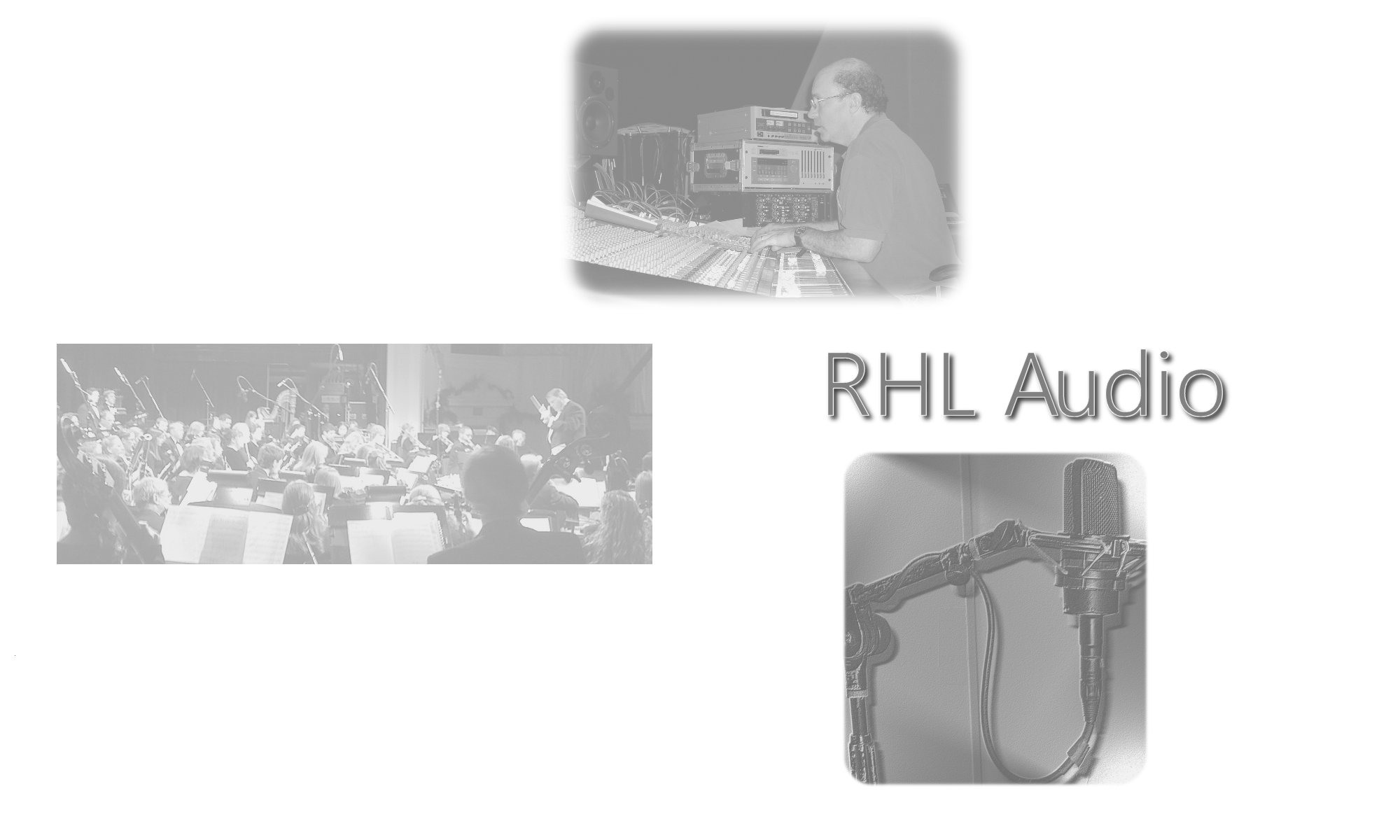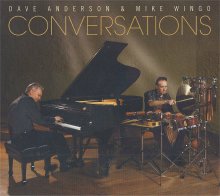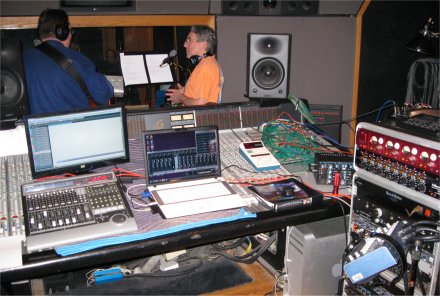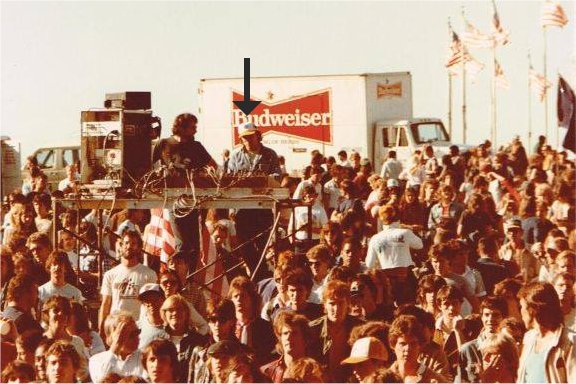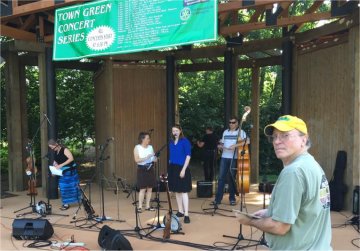Internship Part 1
You have decided to pursue a career in audio engineering and have completed a training program. It is time for you to become an intern.
An internship is in-person observation and training in a commercial audio facility. And no matter how excited and confident you are, a humble and respectful attitude is the key to becoming part of the business. The long game here is to establish yourself as a person whose presence is A BENEFIT TO THE COMPANY. Any intern who has an over-blown ego and pushy personality will not make a good impression.
Some audio engineer training programs have connections with working studios and can place graduates into internships. If not, you will have to find one your own. Expect to visit several studios and meet their managers. Be prompt, friendly, cleanly dressed, and ask “How long has this business been open?” Successful studios are usually better places to learn, but do not dismiss personal basement studios – some are good learning environments as well. Having a car is helpful for running errands.
Now That You’re An Intern…
Once you start your internship, you will be part of the business, and that means you will have responsibilities. There will be lots of menial tasks such as taking out the trash, answering phones, vacuuming and sweeping, moving the drum kit into the studio, cleaning up anything left behind after meals happen, making coffee, occasionally defrosting the refrigerator, move the drum kit out of the studio, shoveling snow (northern studios,) running errands, giving studio tours, move the drum kit back into the studio, and anything else that the studio manager or session engineers need done. None of this is meant to be demeaning or intended as an initiation process. These are tasks that need to happen. If the studio manager is taking out the trash, they cannot answer the phones to book sessions which is their primary job.
Make The Right Impression
Make these menial tasks work for you. Once you understand the tasks (where are the trash bags and where is the dumpster,) take initiative and do them without being asked. Arrive before your scheduled time, vacuum the place (it’s noisy so do it first,) take out the trash and clean up anything else that needs cleaning. Make coffee, then check the coffee pot every hour and make fresh if needed. After completing these, check in with the studio manager to let them know you are ready for anything else that needs to be done. Do everything quickly, efficiently, and cheerfully. Then look around to see what else can be done. Self-motivation always leaves a good impression.
Do not try to impress anyone with what you’ve learned in school, or in your band, or seen in YouTube videos. Show up early, do everything you can to help, and leave late. That is what impresses the staff, and the clients.
Help clients load gear in and out. Be friendly when you see them in the lounge or hallways. Ask them, “How’s the session going?” and maybe follow up with, “Who’s the project for?” But don’t push too hard at first. Humble and respectful.
Observing A Recording Session
After some time has passed, you will be asked/invited to sit-in on a session. Observe where the clients and engineer are sitting and then DON’T SIT THERE! THEY are the folks that are working, so find a place to sit and observe where you are not in the way. Don’t take away a seat from a session participant. I recommend sitting near the wall on the opposite side of the control room from the door. Bring in a folding chair if you must.
Don’t ask questions during the session (well, “Does anyone else smell smoke?” would be acceptable.) Take some paper and pen and write down your questions. Most engineers are happy to answer questions when activity allows. I always answer intern questions when sessions pause, because engineers answered my questions when I was starting out.
Assisting During The Session
One of the first things to learn is how the studio headphone system works. If 5 people are recording, each musician might require one mic, or multiple mics, and each of those mics will probably be different. But EVERYONE will need headphones, and usually each of those headphone sets will be the same. Once you have set one up, you can set them all up. This includes labeling the channels on the headphone mixer. And if you can take care of that while the engineer is setting up the mics, you will be very much appreciated, and have time for questions and shop talk. Now you are making a connection with the staff and starting to become a benefit to the company.
Then you can set up session headphones for the other engineers as well. Between sessions, the engineers will start to mention to each other “that new intern (what’s their name?) set up the headphones for me and did it right.” The word will get around (along with your name, eventually.)
Look around the studio and become familiar with the mic cable connection panels. Study the panel labeling, and learn where all the mic panels are. You might be helping an engineer set up drum mics. They position the mics while you plug cables for them. Observe the mic selection and placement on all instruments. You will notice that various engineers will have different mic selections and techniques. Make notes and ask questions when time allows.
Observe what the standard vocal mic set-up is. You might be asked to set up a vocal recording station while the engineer gets a session started in the control room.
I’ve Seen Lots Of Interns…..
Over my 30-plus years of working in recording studios, I have seen over a hundred interns come and go. It usually takes me less than 10 minutes to assess the potential of a new intern. Attitude, attention span, interaction with staff and clients, what types of questions they ask (if they ask questions at all,) self-starting attributes – these are quick indicators of an intern’s probability of moving towards a successful audio engineer career – or not.
Here an example of a “not gonna make it” intern story. We had an intern who wanted to work during the evenings. On his scheduled nights, he would show up around 6:00 with his dinner in hand. He’d eat dinner in the lounge, sit on the couch and watch TV until 9:30 or 10:00, and then go home.
There was a time that the chief engineer and I were doing maintenance in the control room, and we had the mixing console spread out in pieces. This same intern looked in at us, watched us for about 10 seconds, said, “Wow, there’s some hard work going on in here,” then turned around and went to the lounge. A good intern would have walked in, asked, “What’s going on?” “What needs fixing?” “How do you know where to look?” “How will you know if you fixed it?” “Mind if I watch?” “Anything I can do to help?” Troubleshooting and maintenance are a regular part of an engineer’s job. When equipment is being repaired, installed, or removed, it’s a great learning opportunity for interns. Good interns get involved with activities like these and learn from them. Others head to the lounge.
Who’s going to get a job?
